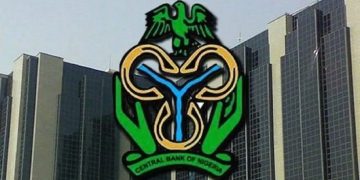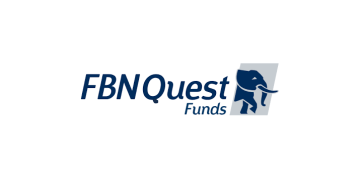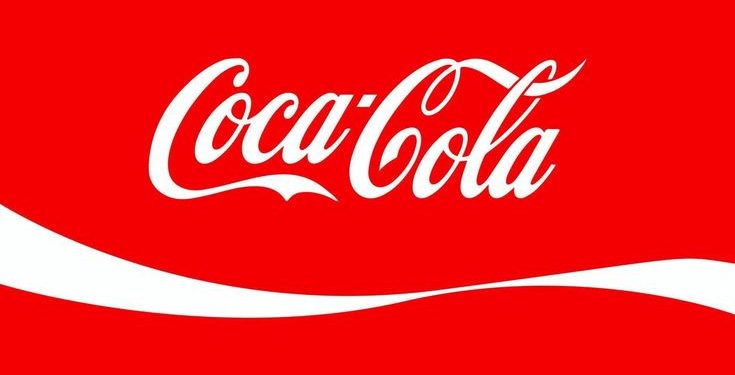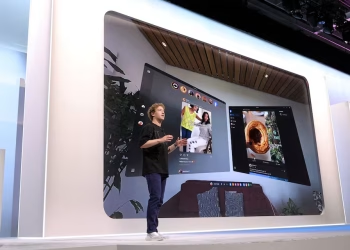Coca-Cola Hellenic Bottling Company (Coca-Cola HBC) has announced a landmark agreement to acquire a 75 percent controlling stake in Coca-Cola Beverages Africa (CCBA) for a staggering $2.6 billion. The acquisition, expected to be completed by the end of 2026, will transform Coca-Cola HBC into the second-largest Coca-Cola bottling partner in the world by volume, significantly expanding its reach across the African continent.
This strategic acquisition marks one of the most significant consolidation moves in Africa’s beverage sector and reinforces the growing importance of Africa as a hub for global consumer growth. With a young population, rising disposable income, and fast urbanization, Africa presents one of the world’s most dynamic beverage markets.
Structure and Financial Terms of the Deal
Under the terms of the agreement, Coca-Cola HBC will purchase 75 percent of CCBA from The Coca-Cola Company and Gutsche Family Investments, valuing the entire African bottling group at approximately $3.4 billion. The transaction will be financed through a combination of cash payments backed by a bridge loan facility and the issuance of new Coca-Cola HBC shares to Gutsche Family Investments. After completion, the family investment group will hold roughly 5.5 percent of Coca-Cola HBC’s enlarged share capital.
In conjunction with the acquisition, Coca-Cola HBC announced the immediate cancellation of its ongoing share buyback program. The company also revealed plans to pursue a secondary listing on the Johannesburg Stock Exchange (JSE) to strengthen its connection to African capital markets and investors.
Expanding Across 14 African Markets
Coca-Cola HBC’s acquisition of CCBA will give it operational control across 14 new African markets, including South Africa, Kenya, Ethiopia, Tanzania, Mozambique, Uganda, and others. This expansion will bring Coca-Cola HBC’s presence to cover roughly two-thirds of the entire Coca-Cola system’s volume in Africa, allowing it to serve more than half of the continent’s population.
The scale of this acquisition positions Coca-Cola HBC as the leading bottling and distribution partner across Africa’s fast-growing beverage sector. It also aligns with the company’s long-term strategy to strengthen its footprint in emerging markets and enhance its portfolio beyond traditional soft drinks to include water, juice, energy drinks, and ready-to-drink tea products.
Strategic Vision and Market Opportunity
Africa represents one of Coca-Cola HBC’s most promising frontiers for growth. The continent’s population of more than 1.4 billion is expected to double by 2050, with over 60 percent of Africans under the age of 30. This young, expanding demographic offers immense potential for increasing per capita beverage consumption.
Coca-Cola HBC believes that by combining its established operations in markets such as Nigeria and Egypt with CCBA’s dominant presence in southern and eastern Africa, it can create a stronger, more efficient, and innovative beverage platform. Together, the combined operations are projected to generate around four billion unit cases annually, representing estimated revenues of about €14 billion and earnings before interest and taxes (EBIT) of roughly €1.4 billion.
The company also emphasized its ambition to become a “24/7 beverage partner,” offering consumers a comprehensive range of products suitable for every occasion and lifestyle.
Coca-Cola’s Refranchising Strategy
The move is consistent with The Coca-Cola Company’s global refranchising strategy, which seeks to shift ownership of bottling operations to experienced, independent partners. This model allows Coca-Cola to focus on its core strengths in brand marketing and innovation while entrusting production, distribution, and local market management to strong regional operators.
By transferring control of CCBA to Coca-Cola HBC, The Coca-Cola Company strengthens its long-term partnership network and ensures that its African business benefits from an operator with deep experience in diverse, fast-growing markets.
Financial Outlook and Investor Sentiment
Coca-Cola HBC has stated that the acquisition is expected to be accretive to earnings per share within the first full year after completion. The company’s leverage is projected to remain within its medium-term target range of 1.5 to 2 times net debt to EBITDA, ensuring that its investment-grade credit rating remains intact.
While initial market reactions were mixed, analysts view the transaction as a strong strategic move that consolidates Coca-Cola HBC’s leadership in emerging markets. The company’s ability to integrate complex operations and unlock synergies is expected to deliver sustained profitability over the long term.
Challenges and Potential Risks
Despite its strategic advantages, the acquisition faces a number of challenges. Regulatory and antitrust approvals across multiple African jurisdictions could delay the closing of the transaction. Integrating two large and complex organizations across 14 diverse markets also presents significant operational challenges.
Additionally, currency volatility, inflation, and political instability in some African economies may impact financial performance. There are also concerns about possible restructuring or job adjustments as Coca-Cola HBC seeks to streamline operations and achieve efficiency gains.
Nonetheless, the company remains confident that its extensive experience in emerging markets and its commitment to local partnerships will help mitigate these risks.
A Defining Moment for Africa’s Beverage Industry
The $2.6 billion acquisition of Coca-Cola Beverages Africa by Coca-Cola HBC represents a defining moment for Africa’s beverage landscape. It signals renewed investor confidence in the continent’s long-term economic potential and underscores Africa’s growing importance to multinational corporations seeking sustainable growth opportunities.
Beyond financial performance, the deal is expected to drive significant benefits across Africa’s beverage supply chain. These include expanded local sourcing, job creation, and investment in production infrastructure, as well as enhanced innovation in packaging, sustainability, and digital distribution.
With this acquisition, Coca-Cola HBC positions itself not only as a dominant bottling partner but also as a catalyst for Africa’s evolving consumer economy.






















































